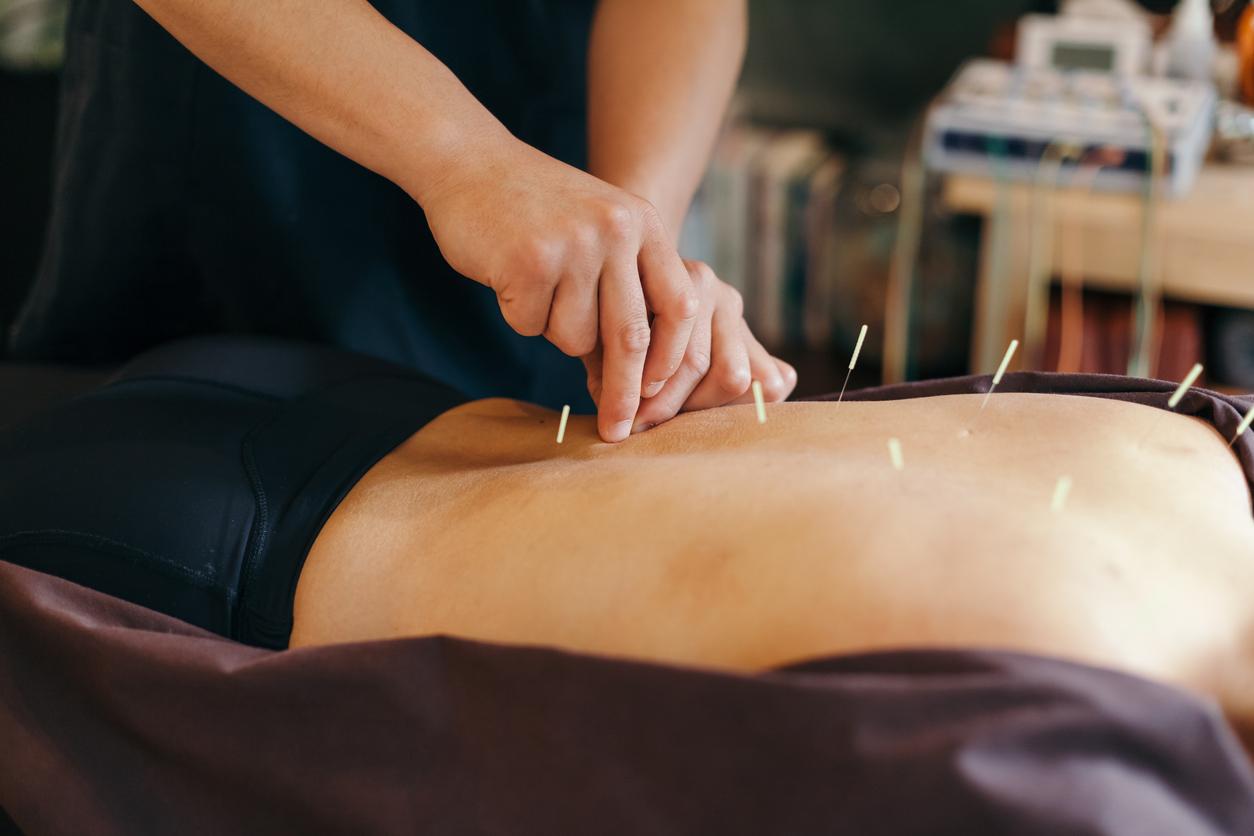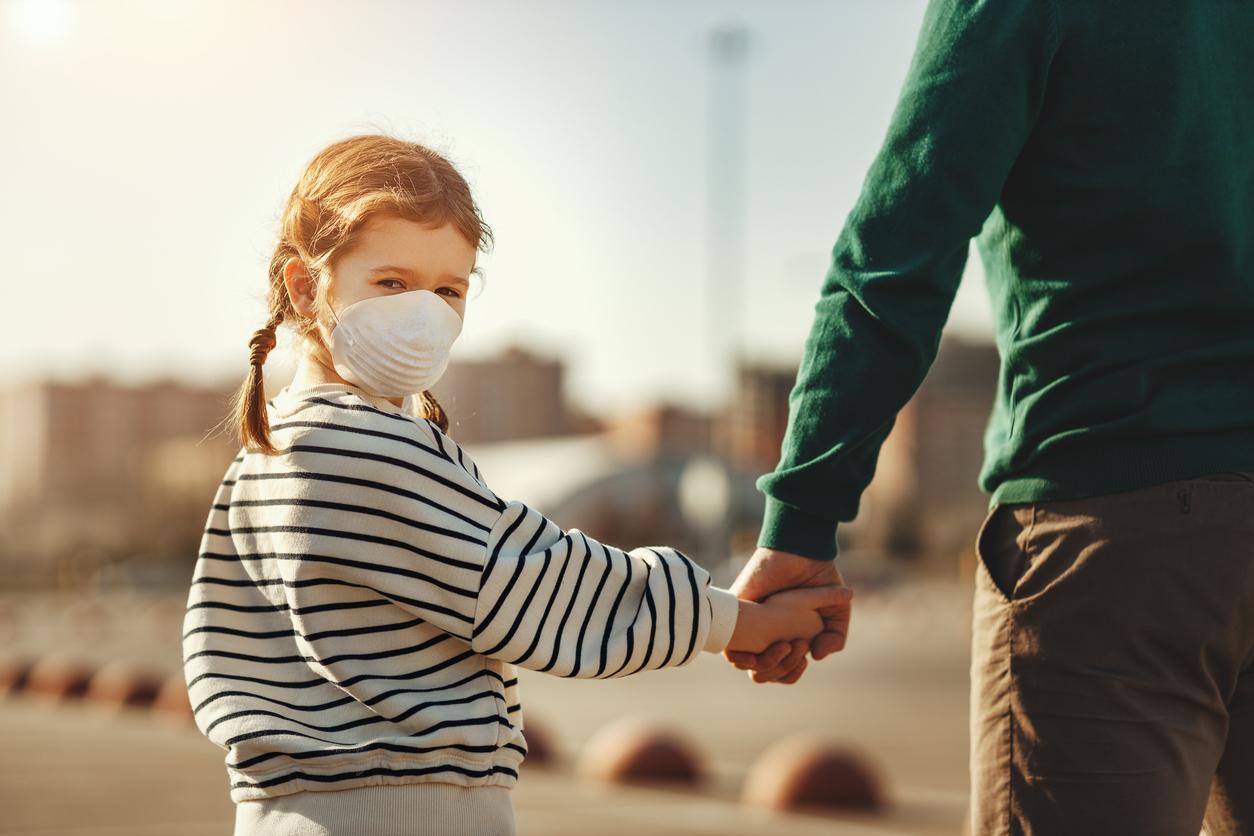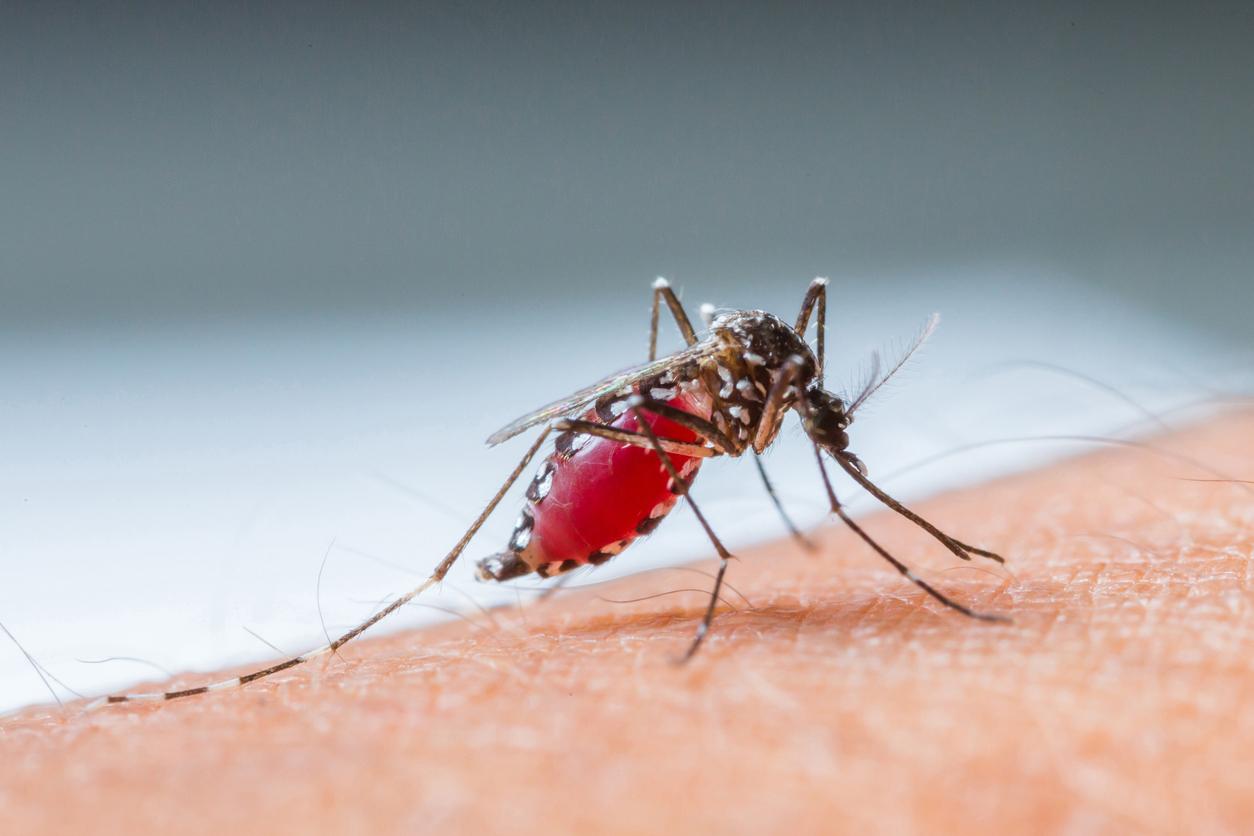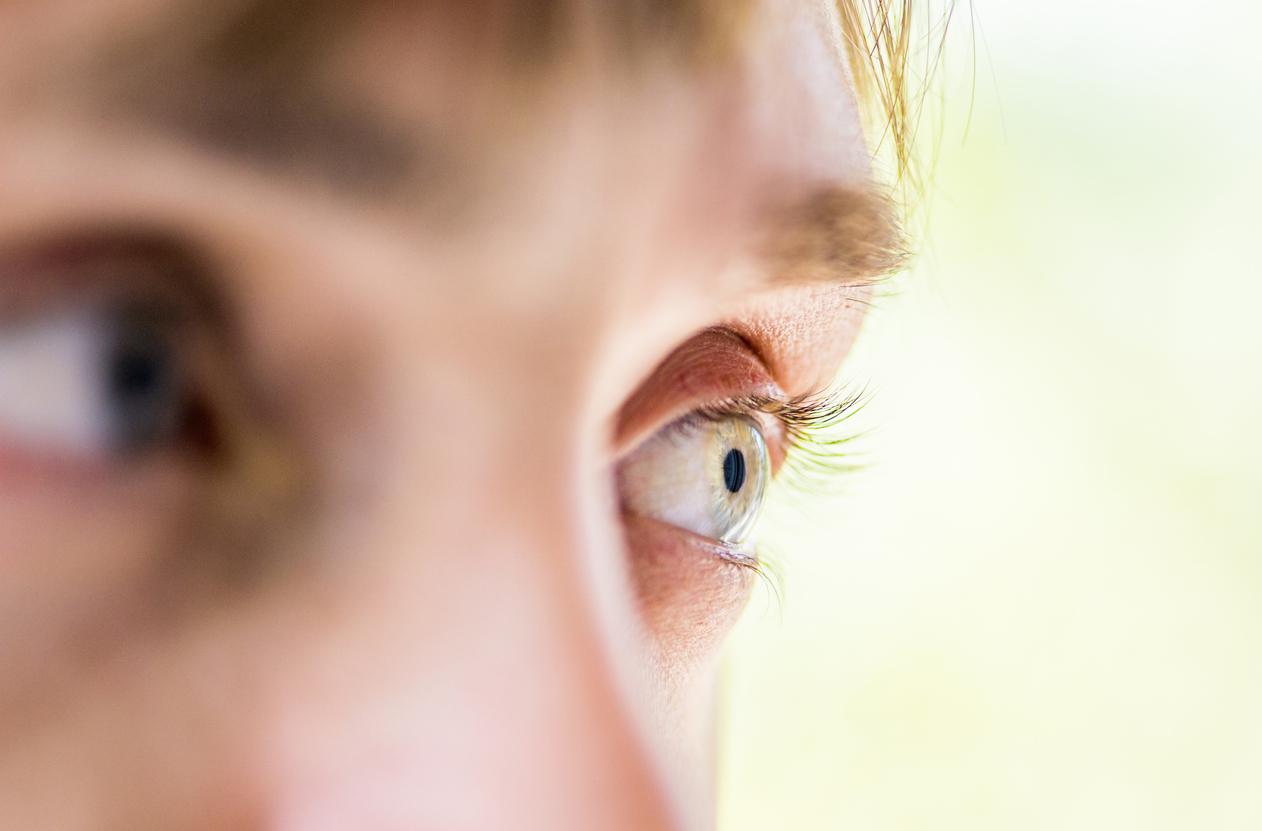This Thursday, May 28, 2020, the Regional Health Agency (ARS) Auvergne-Rhône-Alpes and the Ain prefecture sounded the alarm: a tick-borne encephalitis outbreak was spotted in the department with 10 “confirmed” cases and 24 hospitalizations during the month of May. One death is to be deplored in a person with significant comorbidities.
What is tick-borne encephalitis?
Tick-borne encephalitis is a viral disease caused by a Flavivirus, transmitted to humans via the bite of an infected tick (often Ixodes ricinus). Exceptionally, the pathology can be transmitted through the consumption of food from animals contaminated with the virus: raw milk, raw goat’s or sheep’s milk cheese…
Although extremely rare, this mode of transmission is the hypothesis favored by the health authorities who believe that the origin of the disease is a farm in the Oyonnax region. Indeed, 50% of sick people would have consumed raw milk cheeses (goat and cow) from this farm.
What are the symptoms of tick-borne encephalitis?
The incubation time of the disease (that is to say: the time between contamination by the virus and the appearance of the first symptoms) is approximately 1 to 2 weeks. Then, the disease manifests itself through a fever above 37.5°C, headaches (headaches) and muscle and/or joint pain.
In 20% to 30% of patients, neurological symptoms are also observed, linked to damage to the nervous system: tremors, behavioral disorders (agitation or prostration), paralysis of a limb, dizziness… Rarely fatal (in less 1% of cases), tick-borne encephalitis is responsible for sequelae in about 40% of cases: behavioral disorders, paralysis, etc.
In the department of Ain, on May 27, 2020, 22 patients “with a favorable evolution” were able to return to their homes. Two other patients are still hospitalized but their state of health “no longer inspires concern” according to the ARS.
How to protect against tick-borne encephalitis?
In France, tick-borne encephalitis is more common in the Alps and Alsace, between spring and autumn. To protect yourself, it is recommended to wear long and covering clothes during outings in the park, in the forest, in the fields…
Doctors also advise not to sit in tall grass and, above all, to inspect yourself carefully each time you return from a walk, without forgetting the scalp, between the fingers / toes and the back of the knees. In pharmacies, you can also find anti-tick repellents – ask your pharmacist for advice!
Source :Public Health France
Read also :
- Tick reporting: the areas most at risk
- Lyme disease plan: where are we?
- Testimonial: I came back from the hell of Lyme disease
- 4 natural remedies for Lyme disease


















